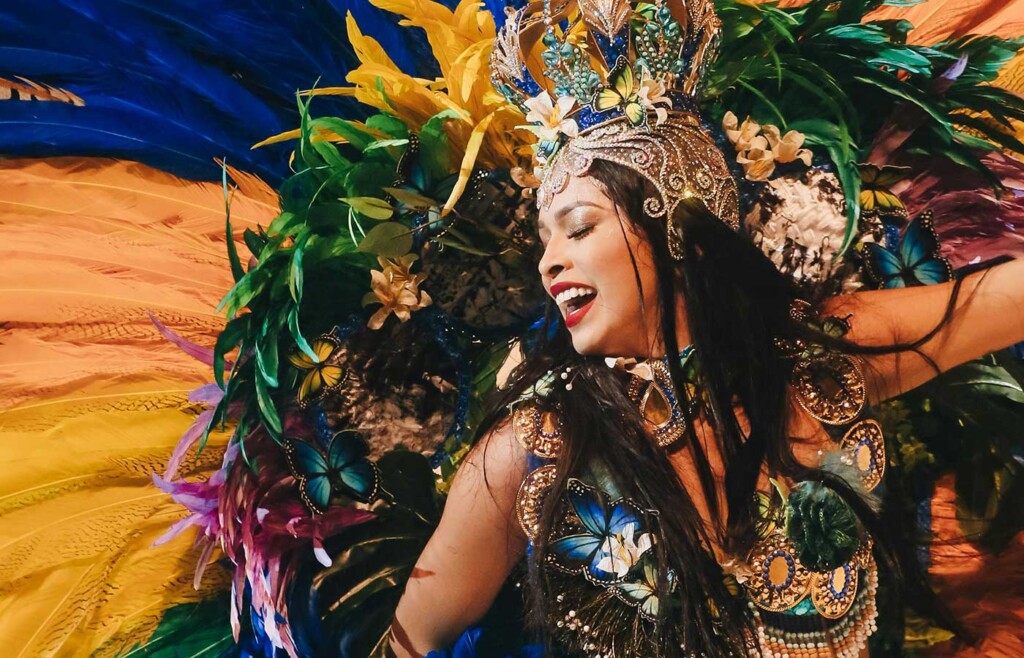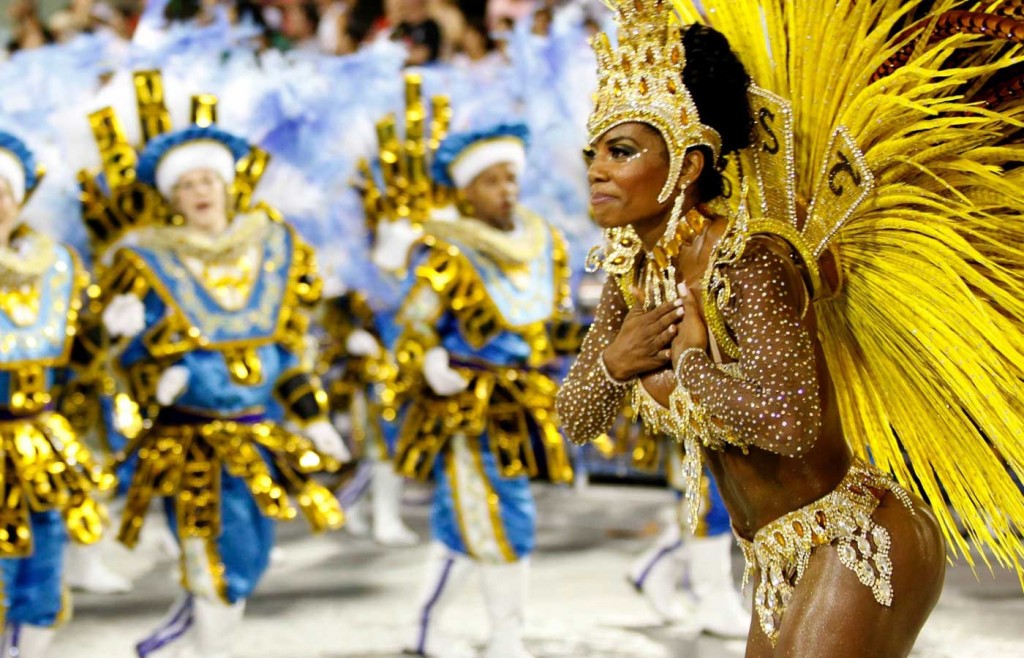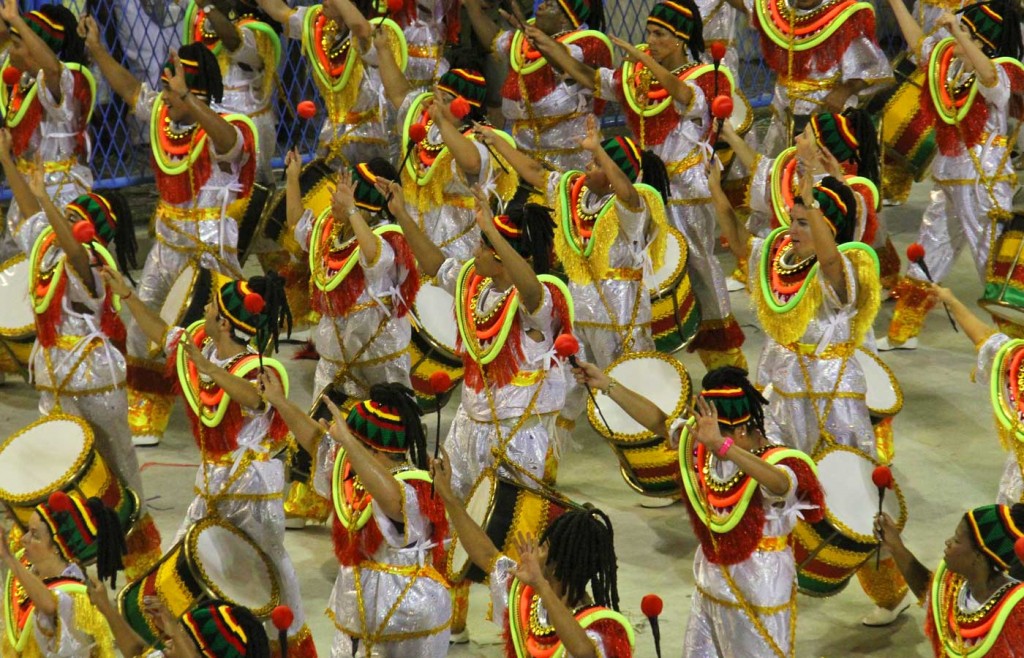Rio Carnival is now just over two months away and the Rio Carnival 2025 will feature a significant change in its parade schedule.
Historically the main competition, which takes place in the Sambadrome Marquês de Sapucaí, has been split into two nights of competition for the main samba schools, the “Grupo Especial” (Special Group), on a Sunday and Monday, with a winner’s parade on the subsequent Saturday. On each night 6 samba schools would parade, starting at 9pm with the parades running until around 5am and often over running.
For 2025, the main event with the Grupo Especial parades, will now span three nights—Sunday, Monday, and Tuesday (2nd, 3rd and 4th March 2025)—with four samba schools performing each night.
The organizer, LIESA, aims to make the event more accessible by potentially reducing grandstand ticket prices and accommodating a larger audience across the additional night.
The line-up for the Grupo Especial parades 2025 is as follows:
- Sunday, 2nd March, 2025:
- Unidos de Padre Miguel
- Imperatriz Leopoldinense
- Viradouro
- Mangueira
- Monday, 3rd March, 2025:
- Unidos da Tijuca
- Beija-Flor
- Salgueiro
- Vila Isabel
- Tuesday, 4th March, 2025:
- Mocidade Independente de Padre Miguel
- Paraíso do Tuiuti
- Grande Rio
- Portela
This adjustment is designed to enhance the spectator experience and better accommodate the growing number of attendees.
The Rio Carnival 2025 is scheduled to take place from 28th February to 8th March.
In addition to the official parades, the city will host numerous street parties, known as “blocos,” and other cultural events throughout the carnival period.
Rio Carnival, held annually in Rio de Janeiro, Brazil, is one of the world’s most spectacular and vibrant cultural celebrations. Known for its dazzling parades, energetic samba music, and extravagant costumes, the event draws millions of visitors from around the globe. The festival has its roots in European traditions brought to Brazil during the colonial era, combined with African and indigenous cultural influences, resulting in a unique and dynamic expression of Brazilian heritage. Rio Carnival is traditionally held before Lent, a period of abstinence observed in the Christian calendar, allowing revellers to indulge in exuberant festivities before the season of penance.
At the heart of the Rio Carnival are the samba school parades, which take place in the iconic Sambadrome. These schools are community-based organizations that spend months preparing elaborate floats, costumes, and choreographed performances centred around a chosen theme. The competition among samba schools is fierce, with judges scoring them on criteria such as creativity, music, and storytelling. Each parade is a mesmerizing spectacle of colour, sound, and movement, showcasing Brazil’s rich artistic and cultural diversity. The atmosphere is electric as dancers and musicians perform to the rhythmic beats of samba, captivating audiences with their energy and passion.
Beyond the Sambadrome, the Rio Carnival also features numerous street parties known as blocos. These informal gatherings bring together people of all ages and backgrounds to celebrate in the city’s neighbourhoods. With live music, dancing, and festive costumes, blocos create an inclusive and joyous environment where everyone can participate. The Carnival is not just a display of artistic talent but also a reflection of Brazil’s social fabric, celebrating unity and cultural pride. It is a testament to the country’s ability to transform its history and diversity into a celebration that captivates the world.
You can learn more about Rio Carnival here and get in touch to experience it for yourself.






